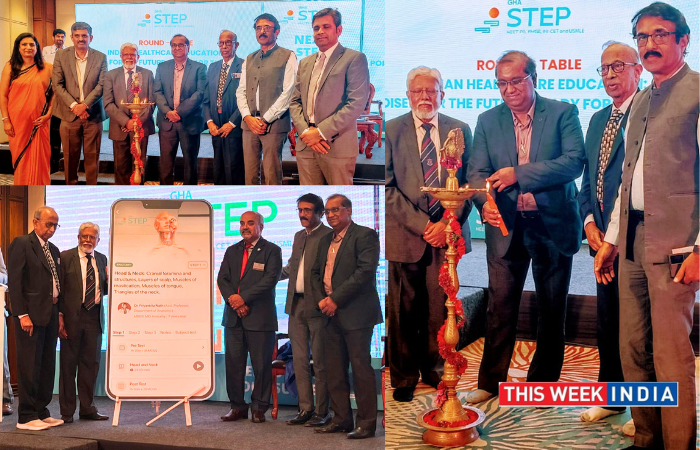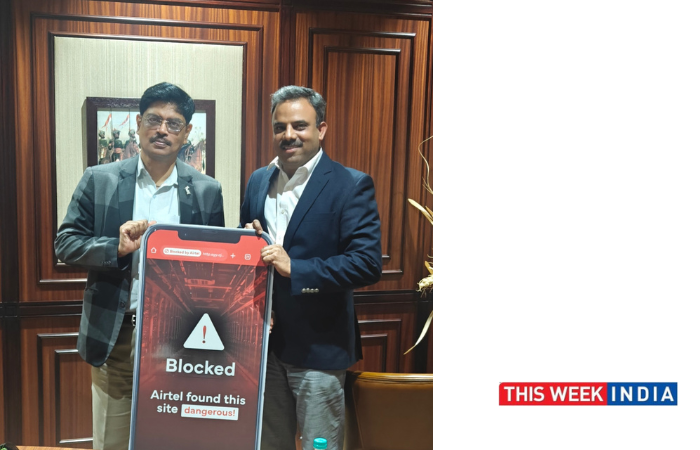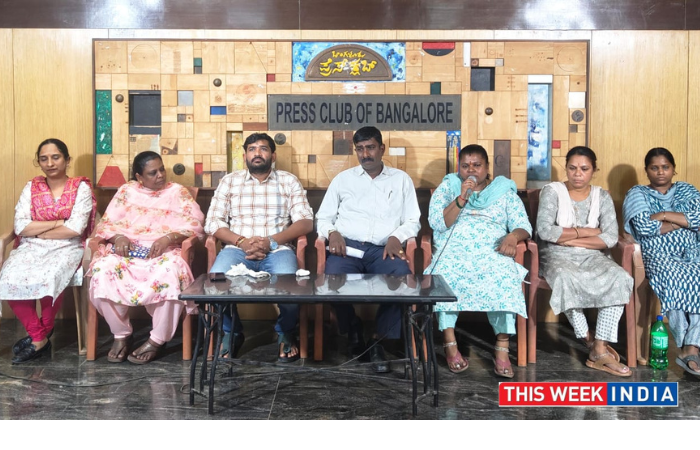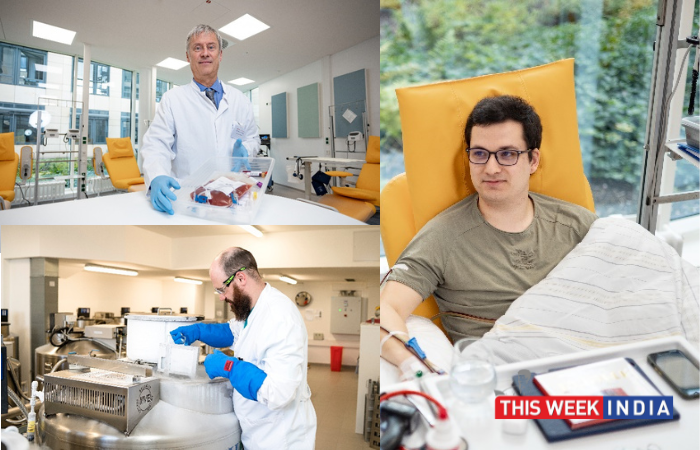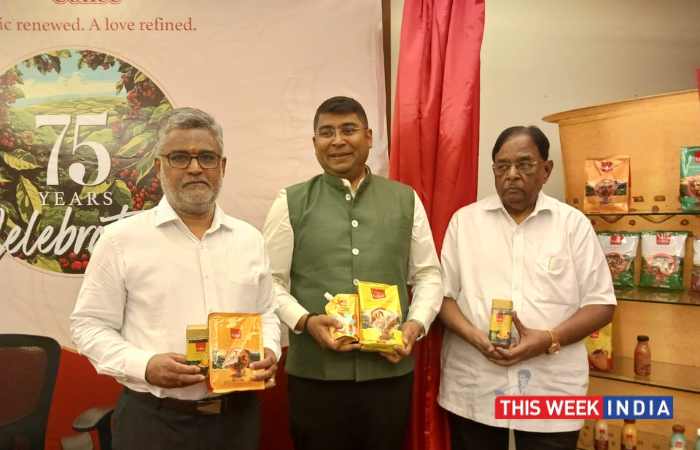Bengaluru, May 22, 2025 – The Global Healthcare Academy (GHA) today hosted a pivotal Round Table, “Indian Healthcare Education: Poised for the Future, Ready for the World.” This “NEXT STEP Symposium” brought together prominent figures from academia, government, and the healthcare industry to discuss India’s rapidly advancing medical education landscape and its burgeoning role as a global leader.
A highlight of the event was the official launch of GHA’s STEP NEET-PG App, an AI-enabled tool designed to support postgraduate medical aspirants with advanced learning and competency-based assessments.
“Having trained in both India and the United States, I can confidently say that India’s medical education system now stands among the best globally,” stated Dr. B.S. Ajaikumar, Executive Chairman, HCG Enterprises. “Our graduates have a distinct edge due to extensive clinical exposure from India’s high patient volume and a curriculum increasingly aligned with international standards. We’re not just ready to contribute on the global stage; our expertise is in growing demand worldwide.” He also emphasized the critical importance of communication skills, patient trust, and compassionate, holistic care in medical practice.
Anitha Niranjan, Managing Director of Global Health Academy, added, “India boasts the largest English-medium medical education ecosystem, with unparalleled patient volume and infrastructure. Our institutions are preparing global healers, not just Indian doctors. With initiatives like the upcoming NEXT examination, we are making Indian qualifications globally portable and relevant.”
The symposium facilitated robust discussions on ongoing reforms, including the National Medical Commission (NMC) replacing the MCI, the introduction of Competency-Based Medical Education (CBME), and the forthcoming unified licensing exam, NEXT. India’s medical education sector has seen significant growth, with 704 medical colleges now offering 1.18 lakh MBBS seats for NEET-UG 2025, up from 387 a decade ago. This has improved the doctor-to-population ratio to 1:811, surpassing the WHO’s 1:1000 norm.
Discussions also highlighted the rise of digital-first learning, with initiatives like the Ayushman Bharat Digital Mission and e-Sanjeevani enabling widespread teleconsultations and preparing students for a future dominated by digital health. India’s reforms align seamlessly with the WHO Global Health Workforce Strategy 2022–2030, fostering capacity expansion and creating skilled healthcare professionals.
Dr. Ajaikumar further noted, “There’s a rising global demand for India-trained healthcare professionals. Partnerships like the BAPIO-NHS aim to fast-track 1,000 Indian doctors to the UK by late 2025, and recruitment of Indian nurses and allied health professionals to OECD and GCC countries has seen a 22.5% rise between 2023 and 2025.”
India is actively addressing challenges like the rural-urban divide through new government medical colleges and mandatory rural internships. Faculty shortages are being tackled with programs like ‘Teach-for-Health’ and attractive incentives. The National Medical Register and unannounced NMC inspections are ensuring consistent quality across institutions.
“India isn’t just meeting the needs of 1.4 billion citizens; it’s emerging as a global talent hub in healthcare education—ethically grounded, digitally enabled, and globally competent,” concluded Anitha Niranjan.
The Round Table concluded with a collective commitment to equipping Indian medical and allied-health graduates to address global healthcare shortages with innovation, empathy, and excellence.

